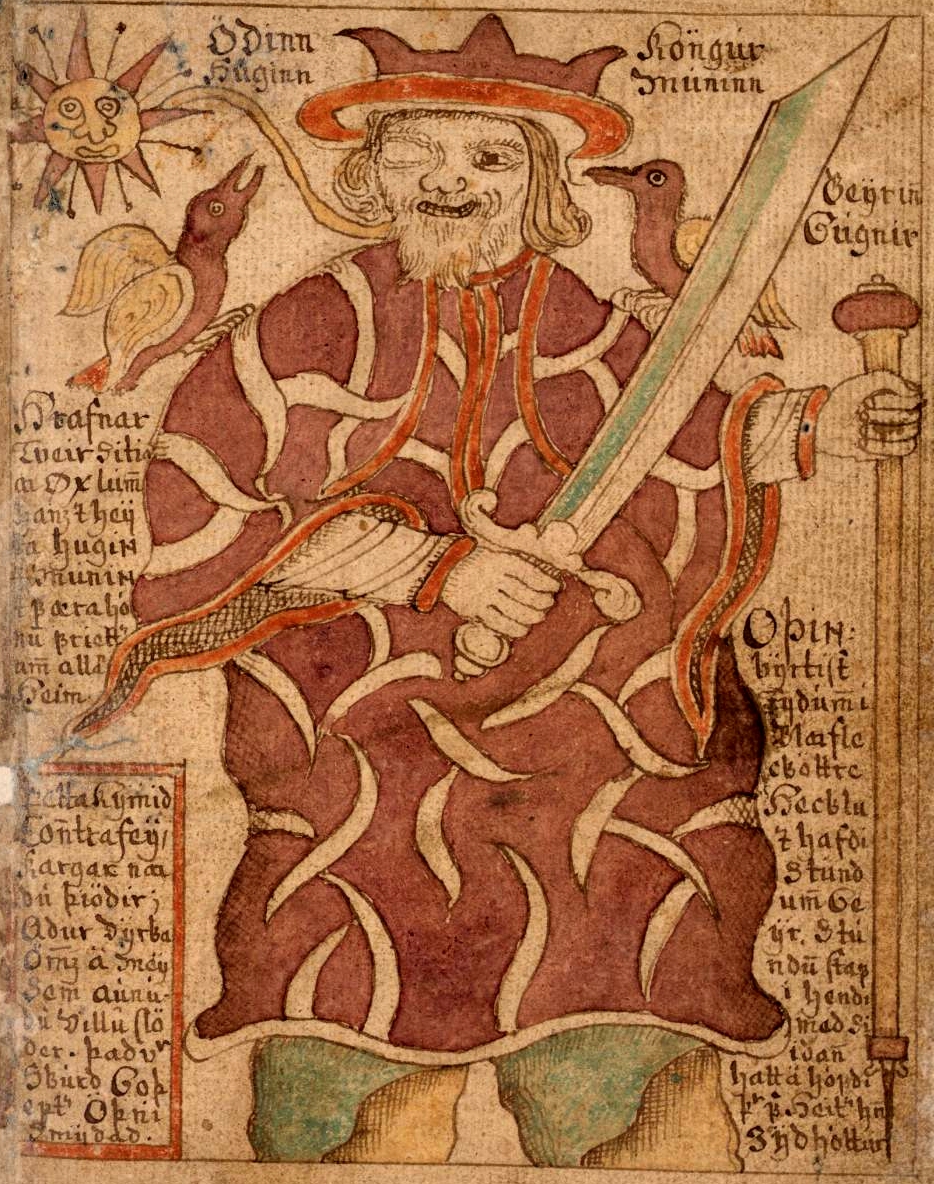| Name ▲▼ | Origin ▲▼ | Description ▲▼ |
|---|---|---|
| God name "Hoenir" | German | This god gave all mortals the five senses |
| God name "Hoenir" | German | God who gave all mortals the five senses. German |
| God name "Hoenir" | Nordic / Icelandic / Identified in the Voluspa / Poetic Edda / as the priest of the Viking gods who handles the blood wands i | God. e. Divines future events. Some authors believe Hoenir to be a hypostasis of the god OTHIN, particularly concerned with giving the human race senses and feelings. Also known in north Germanic culture. He is said to have fled to Vanaheim after the great battle between the AESIR and VANIR gods.... |
| Goddess name "Holda" | Germanic | Goddess of beauty and love germanic |
| Goddess name "Holde" | German | The gracious lady, a sky goddess who rode the winds. Snow came from the feathers of her bed. German |
| Goddess name "Holle" | Germanic | Goddess of the newborn emerged from the underworld, where she also accepts the souls of the dead germanic |
| Goddess name "Hulda" | German | Goddess of marriage and fecundity, who sent bridegrooms to maidens and children to the married. German |
| God name "Irmin" | Germanic | The mythical founder of the Hermiones tribe, son of Mannus, war god, Germanic |
| God name "Irmin" | Germanic | war god. Probably equating with TIWAZ, the name implies one of great strength. In Saxony, there is the so-called Irmin pillar which may be a reference to the deity.... |
| Angel name "Irmiongot" | Germanic | This possibly Irmin, found in The Hildebrandslied, strangely the poem shows Christian influence |
| Goddess name "Jord" | Icelandic / Germanic | An earth goddess mentioned in the Edda by Snorri |
| Planet name "Jupiter" | Roman | Jupiter is, properly speaking, a derivation of Jove and pater (Latin for father) The name of the god was also adopted as the name of the planet Jupiter, and was the original namesake of the weekday that would come to be known in English as Thursday (the etymological root can be seen in French jeudi, from Jovis Dies). The Indo-European deity who also evolved into the Germanic Tiwaz (after whom Tuesday was named), the Greek Zeus, and Dyaus Pita of the Vedic religion. Jove is a vocative form of the name, evolved from Dyeus. Roman |
"Kobold" | German | A German household goblin, also frequenting mines. |
| Goddess name "Kornjunfer" | Germanic | Goddess of grain germanic |
| God name "Lodur" | Germanic | Creator god mentioned in the creation myth. germanic |
| Deities name "Lodur" | Germanic | Creator god. Mentioned in påśśing in the creation mythology as being one of a trio of deities, with Odin and HOENIR, who engendered mankind.See also OTHIN.... |
| God name "Lodur[r]" | Germanic | A creator god mentioned in the creation myth |
| God name "Lothur" | Nordic / Icelandic | God of physical senses. According to a brief mention in the Voluspa (Poetic Edda) the god concerned with physical being i.e. sight, hearing and speech. According to some authors he may be a hypostasis of the god OTHIN. Lothur is also known in northern Germanic tradition. Also LODUR.... |
Table of Gods
Your guide to the World gods, spirits,
demons and legendary monsters

German Mythology Names
These names occur in Germanic mythologies and legends.
